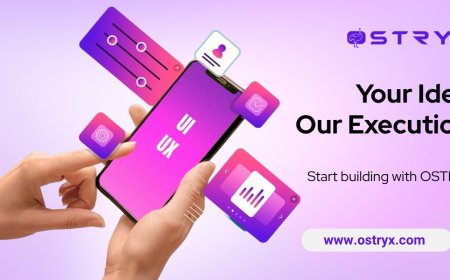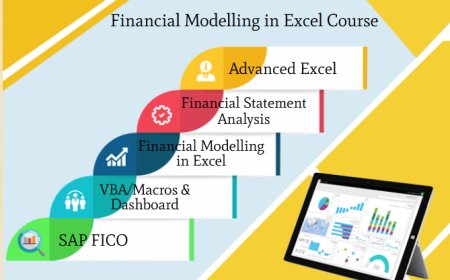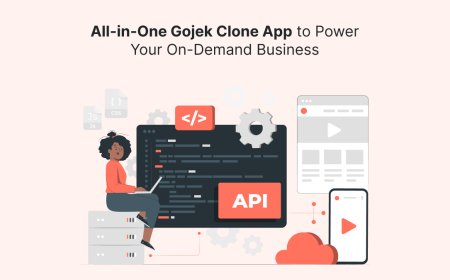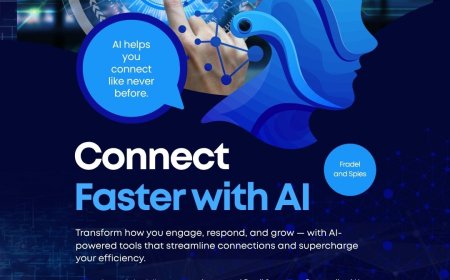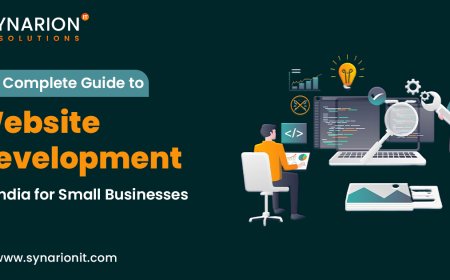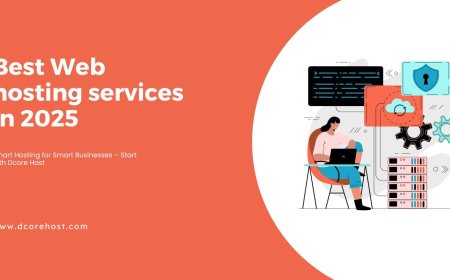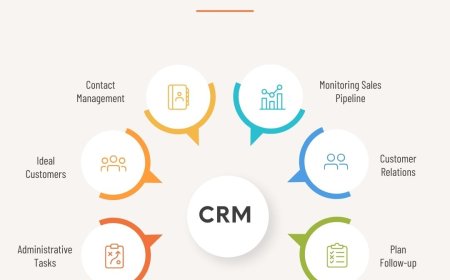BI in the Age of GenAI: A New Era for Insight Automation
BI landscape is undergoing a seismic transformation—ushering in a new era of insight automation where human decision-making is augmented, accelerated, and in some cases, completely automated.

Introduction
In todays data-driven world, the demand for faster, smarter, and more predictive decision-making is reshaping how businesses interact with their data. Traditional Business Intelligence (BI) platforms have long served organizations by enabling historical data analysis, dashboard reporting, and trend discovery. However, with the rapid emergence of Generative AI (GenAI), the BI landscape is undergoing a seismic transformationushering in a new era of insight automation where human decision-making is augmented, accelerated, and in some cases, completely automated.
Understanding the Shift from Traditional BI to GenAI-Enabled BI
Traditional BI systems, although powerful, are inherently reactive. They provide reports and dashboards that help users interpret what has already happened. These systems rely heavily on structured data and predefined queries, often requiring data analysts or IT specialists to generate meaningful insights. While this process can be effective, it is time-consuming, static, and often lacks the context required for dynamic business environments.
Enter GenAIa class of artificial intelligence that doesnt just analyze data but generates insights, narratives, visualizations, and even action plans based on real-time data inputs. Unlike older systems that simply flag anomalies or showcase KPIs, GenAI-enabled BI can answer what if scenarios, generate forecasts, provide explanations in natural language, and suggest proactive decisions. This leap turns BI from a rearview mirror into a real-time GPS for business navigation.
Natural Language Interactions: Making BI Conversational
One of the most transformative contributions of GenAI to BI is the integration of natural language processing (NLP) and understanding (NLU). Traditional dashboards often require users to know how to slice and dice data across various metrics, filters, and dimensions. But what if a marketing manager could simply ask, Why did website traffic drop last quarter? and get a context-aware, data-backed explanation?
With GenAI, this is now possible. Natural language queries are interpreted and translated into complex data queries under the hood. The results are then synthesized into human-like narratives, graphs, or even slide decks. This accessibility means that non-technical users no longer need to rely on analyststhey can become analysts themselves, interacting directly with data as if they were chatting with a human expert.
Accelerated Insight Generation through Automated Analysis
Another hallmark of GenAI in BI is the ability to automate the entire insight generation process. Instead of sifting through dozens of dashboards, a GenAI-powered BI system can continuously monitor data streams, detect patterns, and proactively alert users with actionable recommendations.
Imagine a CFO receiving a daily AI-generated summary highlighting revenue deviations, customer churn risks, and cost anomaliescomplete with explanations and potential causes. This level of automation not only saves time but allows decision-makers to act quickly and confidently. The system essentially becomes a virtual analyst that never sleeps, constantly scanning data for insights that might otherwise be overlooked.
Real-Time Forecasting and What-If Simulations
Forecasting in traditional BI platforms often involves statistical modeling that takes time and is subject to manual tuning. GenAI, however, can generate real-time forecasts based on dynamic input changes, helping users simulate various business scenarios instantly.
For instance, a retail company considering price changes for a new product line can input different pricing strategies and receive a narrative comparison of projected sales, customer sentiment, and inventory turnover. The model doesnt just crunch numbersit provides a human-readable explanation of the trade-offs involved. This allows leaders to test decisions in a simulated environment before executing them in reality, reducing risks and enhancing strategy.
Personalized Insights at Scale
One of the challenges with traditional BI platforms is creating insights that are relevant to specific teams or roles. Dashboards are often generic and require further interpretation. GenAI addresses this by generating personalized insights tailored to individual roles.
For example, while a COO may need to understand overall operational efficiency, a logistics manager may only be interested in fleet utilization. GenAI can understand user roles and deliver context-aware insights automatically, saving users from information overload and ensuring that they focus only on what truly matters to them.
Embedding GenAI in Everyday Tools
GenAIs impact on BI goes beyond standalone platforms. Thanks to modern APIs and integrations, GenAI-powered insights can now be embedded into the tools employees already useemails, CRMs, project management software, and communication platforms like Microsoft Teams or Slack.
This shift makes data-driven decision-making seamless and frictionless. A sales manager, for instance, doesnt need to open a BI dashboard. Instead, GenAI can push real-time updates on sales performance, regional trends, or pipeline risks directly into their workflow, enhancing productivity and ensuring that insights are acted upon promptly.
Governance, Trust, and Explainability in GenAI-Driven BI
As with any AI implementation, trust is critical. One of the key concerns surrounding GenAI in BI is transparency. Users need to understand how decisions and insights are being generated, especially when acting on recommendations with high business impact.
Leading BI vendors are now embedding explainable AI (XAI) frameworks that show the data sources, logic, and confidence levels behind each recommendation. This transparency builds user trust and ensures compliance with governance and regulatory standards.
In regulated industries such as healthcare and finance, this level of explainability is not optionalits mandatory. The future of GenAI-powered BI lies in systems that not only provide answers but also justify them in a way that humans can understand and audit.
The Democratization of Data through GenAI
GenAI in BI is also playing a pivotal role in democratizing access to data. Small and mid-sized enterprises that previously lacked the resources to build and manage complex data infrastructures can now leverage cloud-based GenAI tools to gain competitive insights.
This democratization levels the playing field, enabling companies of all sizes to benefit from the kind of data intelligence that was once the preserve of Fortune 500 firms. With the cost of computing and storage decreasing, and AI-as-a-service models becoming more accessible, every company can now harness the power of BI Consulting Services driven by GenAI.
Preparing for the GenAI-BI Revolution
To fully leverage the potential of GenAI in BI, organizations need to prepare their data ecosystems. This includes:
-
Data Quality Management: GenAI thrives on clean, structured, and accessible data.
-
Cultural Readiness: Teams must be trained and encouraged to rely on AI-generated insights without fear.
-
Ethical Frameworks: As AI becomes more influential in decisions, ensuring ethical and unbiased recommendations becomes crucial.
-
Cloud-Native BI Infrastructure: Cloud platforms offer the scalability and integration capabilities needed for GenAI to perform effectively.
Conclusion: A Smarter, Faster Future for BI
The integration of GenAI into Business Intelligence marks the dawn of a new ageone where insight automation becomes the norm, not the exception. By reducing the reliance on manual interpretation and enabling real-time, contextual, and predictive analytics, GenAI is redefining how businesses perceive and act on data.
As the technology matures and becomes more deeply embedded in enterprise ecosystems, the very nature of decision-making is set to change. Organizations that adopt GenAI-driven BI early will not only save time and resourcestheyll gain a competitive advantage rooted in foresight, agility, and intelligent automation.















